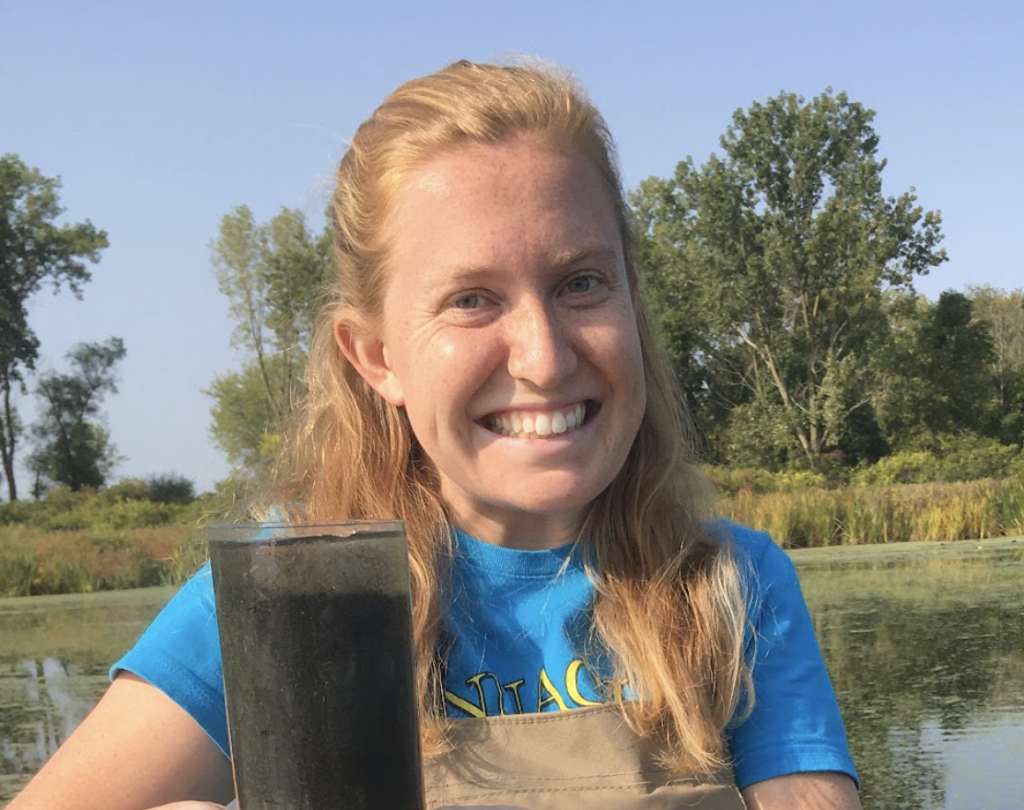GCA Coastal Wetlands Scholarship Award Recipients
Award Recipients in 2022
 Jessica Courson
Jessica Courson
Master’s Student, University of Louisiana at Lafayette
Study Title: Methane consumption by bacteria living inside insect burrows
Study Summary: Wetlands are the largest natural source of methane emissions. Methane-consuming microbes reduce these emissions by using methane as their sole carbon source. Microbial methane consumption in freshwater sediments is apparently increased by bioturbating Chironomid fly larvae. This project will explore how insect bioirrigation influences the oxygen availability in sediments, and the rate of methane removal. Methane removal due to insect activity may be an overlooked sink of the greenhouse gas. (Project)
 Shannon Walker
Shannon Walker
Ph.D. Candidate, University of Louisville
Study Title: Connecting interdunal wetlands and foredune plant communities along a climatic gradient
Study Summary: Interdunal wetland habitats are created and maintained in large part by the movement of sand in coastal areas, though this process has been understudied. This project will examine whether there is a connection between the features of foredune plants, which are important for trapping and stabilizing moving sand, and interdunal wetland communities along Lake Michigan. This work may inform conservation and management strategies that incorporate relationships between key coastal habitats. (Project)
 Taylor Michael
Taylor Michael
Ph.D. candidate, Kent State University
Study Title: Evaluating the ability of Great Lakes coastal wetlands to buffer waterfowl-derived nutrient inputs
Study Summary: Coastal wetlands are critical for reducing nutrient loads that enter the Great Lakes and provide essential habitat for migrating waterfowl. Wetland restoration is ongoing, however, we do not understand how coastal wetlands function as “kidneys of the landscape” by removing excess nutrients while simultaneously providing waterfowl habitat. We aim to uncover how waterfowl supply and remove nutrients from coastal wetlands, and how efficiently coastal wetlands can remove bird-derived nutrients. (Project)
